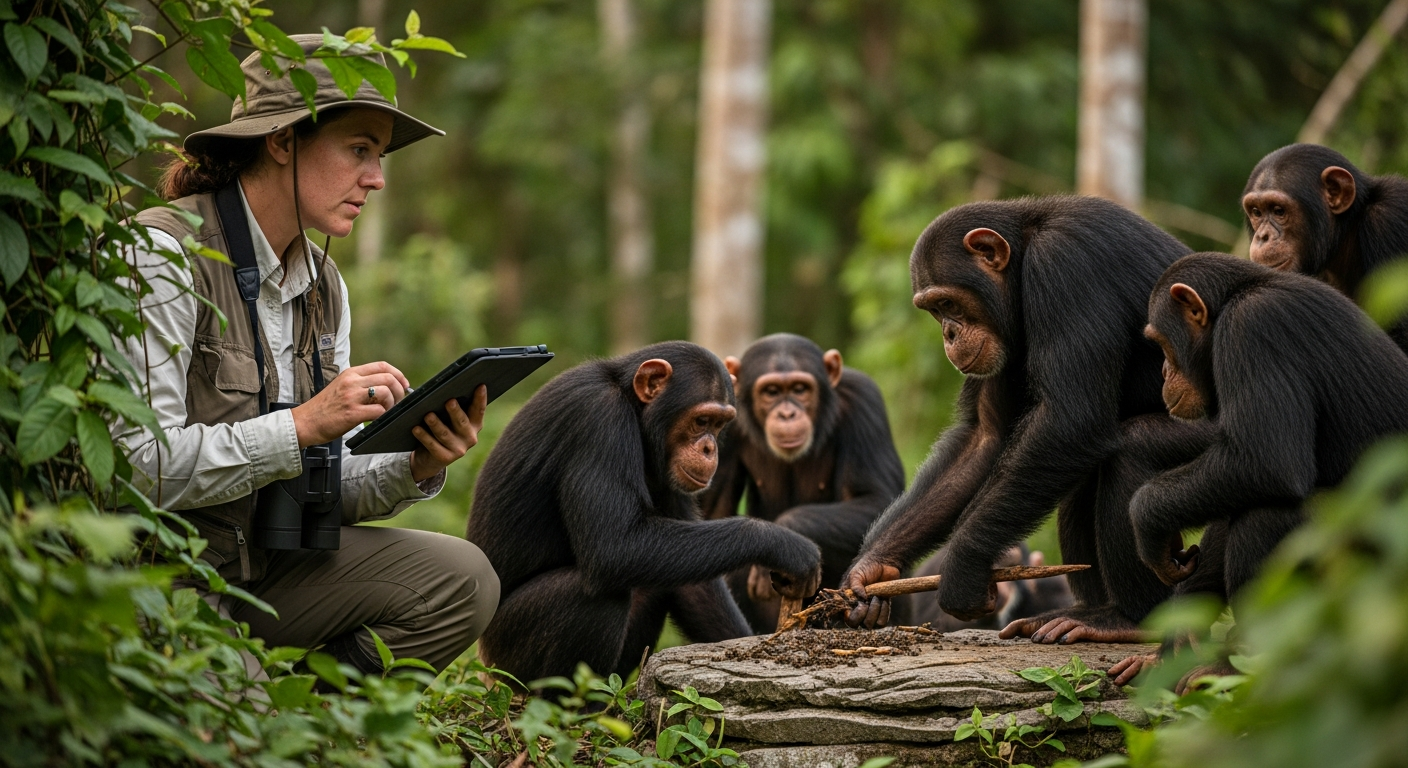Crafting Your Personal Career Ecosystem: A Holistic Approach to Professional Growth
In today's dynamic job market, the traditional career ladder has transformed into a complex web of opportunities, challenges, and continuous learning. This shift demands a new perspective on career development—one that views your professional journey as an ecosystem rather than a linear path. By adopting this holistic approach, you can cultivate a resilient and adaptable career that thrives in the face of change.

Understanding the Career Ecosystem Model
At its core, the career ecosystem model views your professional life as an interconnected system of elements that influence and support each other. This includes your skills, network, industry knowledge, personal brand, and even your physical and mental well-being. Unlike traditional career planning, which often focuses on climbing a predetermined ladder, the ecosystem approach encourages flexibility, diversity, and resilience.
The model recognizes that careers are no longer confined to a single industry or role. Instead, they’re fluid, with skills and experiences from one area often translating to opportunities in another. By cultivating a diverse ecosystem, you create multiple pathways for growth and insulate yourself against industry-specific downturns.
Identifying Your Core Competencies
The foundation of your career ecosystem is your set of core competencies. These are the fundamental skills and knowledge areas that define your professional identity and value proposition. To identify your core competencies, reflect on your strengths, passions, and the areas where you consistently excel.
Consider both hard and soft skills. While technical abilities are crucial, don’t underestimate the importance of soft skills like communication, leadership, and adaptability. These transferable skills often become the bridges that connect different parts of your ecosystem, allowing you to pivot and grow in unexpected directions.
Cultivating a Diverse Skill Portfolio
In a thriving ecosystem, diversity is key to resilience. The same principle applies to your career. Developing a diverse skill portfolio not only makes you more valuable in your current role but also opens doors to new opportunities.
Look beyond your immediate job requirements. Identify adjacent skills that complement your core competencies and explore emerging trends in your industry. This might involve learning new technologies, developing cross-functional expertise, or even exploring creative pursuits that enhance your problem-solving abilities.
Building and Nurturing Your Professional Network
Your network is a vital component of your career ecosystem. It’s not just about who you know, but about creating a community of mutual support and growth. Focus on building authentic relationships rather than just collecting contacts.
Engage with professionals both within and outside your current industry. Attend industry events, participate in online forums, and consider mentorship opportunities—both as a mentee and a mentor. Remember, a strong network doesn’t just help with job opportunities; it’s a source of knowledge, inspiration, and support throughout your career journey.
Embracing Continuous Learning and Adaptation
In a healthy ecosystem, all elements are in a constant state of growth and adaptation. Your career should be no different. Embrace a mindset of continuous learning, staying curious about new developments in your field and beyond.
This doesn’t always mean formal education. Explore various learning formats—online courses, workshops, podcasts, or even side projects. The goal is to stay engaged and adaptable, ready to evolve with the changing demands of the job market.
Aligning Personal Values with Professional Goals
A sustainable career ecosystem must be in harmony with your personal values and life goals. Take time to reflect on what truly matters to you—whether it’s work-life balance, social impact, or creative fulfillment. Align your career choices with these values to ensure long-term satisfaction and motivation.
This alignment might lead you to explore non-traditional career paths, such as entrepreneurship, freelancing, or purpose-driven work. Remember, success in your career ecosystem is defined by your own metrics, not just external benchmarks.
Leveraging Technology for Career Growth
Technology plays a crucial role in modern career development. It’s not just a tool for job searching; it’s a means of expanding your ecosystem. Utilize professional social media platforms to showcase your expertise and connect with industry leaders. Explore digital tools for skill development, project management, and personal branding.
Stay informed about how technology is shaping your industry. This awareness will help you anticipate changes and position yourself at the forefront of innovation in your field.
Balancing Specialization and Versatility
While developing a diverse skill set is important, there’s also value in deep expertise. The key is finding the right balance between specialization and versatility. Identify areas where you want to be known as an expert, and invest in developing that depth of knowledge.
At the same time, maintain enough versatility to adapt to changing market demands. This balance ensures you have a unique value proposition while remaining agile in your career choices.
Cultivating Resilience and Adaptability
In any ecosystem, resilience is crucial for long-term survival. The same is true for your career. Develop strategies to bounce back from setbacks, whether they’re job losses, project failures, or industry disruptions.
Practice adaptability by seeking out new challenges and stepping out of your comfort zone regularly. This might involve taking on stretch assignments, changing roles within your organization, or even exploring entirely new industries.
Conclusion: Nurturing Your Career Ecosystem for Long-Term Success
Creating and maintaining a thriving career ecosystem is an ongoing process that requires intentionality, self-reflection, and adaptability. By viewing your professional life through this holistic lens, you can create a career that is not only successful but also fulfilling and sustainable.
Remember, your career ecosystem is unique to you. It should reflect your values, leverage your strengths, and evolve with your aspirations. As you navigate your professional journey, continually assess and nurture the various elements of your ecosystem. With this approach, you’ll be well-equipped to thrive in the ever-changing world of work, creating a career that is both resilient and deeply satisfying.






